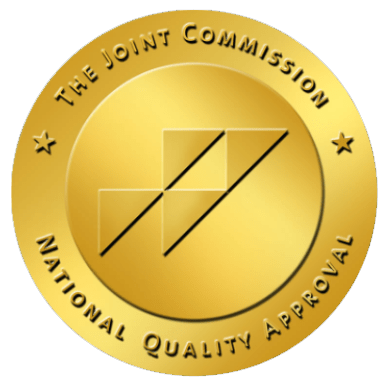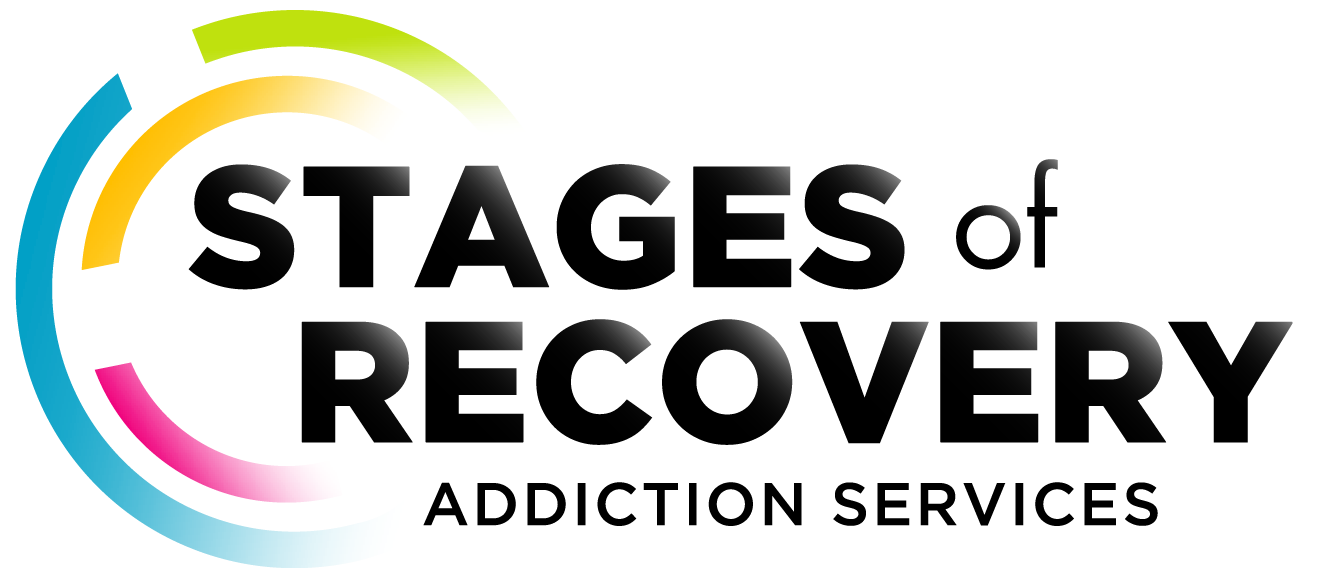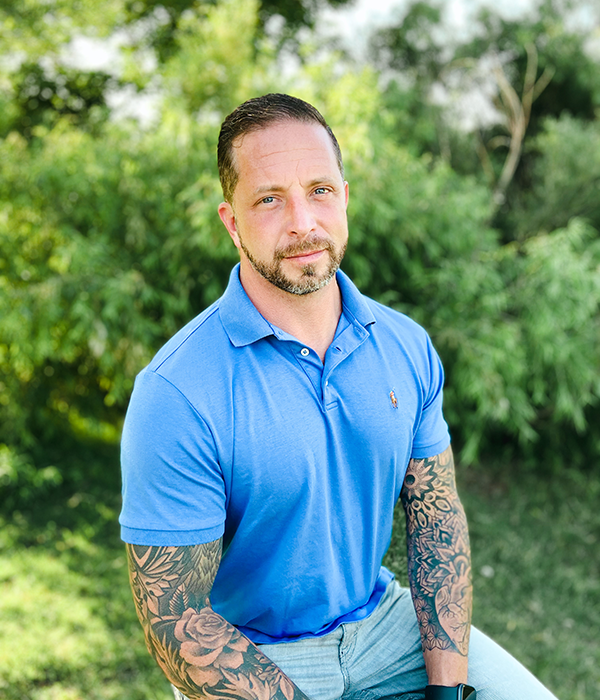Two of the most common mental illnesses affecting individuals and families today are depression and addiction. These specific illnesses are ever-prevalent in our country and yet still so misunderstood. But that’s not their only shared quality. As different as these particular illnesses may seem, they have striking similarities and social stigmas, often co-occur and each maintain systemic qualities which negatively affect and potentially devastate the family.
Depression prevents emotional availability, causes a lack of interest in activities of any kind, causes isolation and social withdrawal and shrouds the suffering individual in negativity, leaving them incapable of seeing anything optimistically. In this way, depression potentially prevents and destroys relationships, wreaks havoc on families and, if left untreated, can prove fatal. However, as with addiction, no level of pleading, bargaining, lecturing or threatening can force an individual with depression to seek help or even admit they need it. In fact, many people stay in denial about their depression for years. Unfortunately, as with addiction, this fact leaves family members—especially those living with the individual—potentially feeling helpless, hopeless and circumstantially depressed.
Also akin to addiction, people with depression tend to appear very selfish to those ignorant to their struggle. In fact, the harsh judgment cast upon and moral issues taken with addicts is equivalent to that which befalls the very real experience of depression. Additionally, Individuals with depression have difficulty focusing and struggle with remembering much of anything. As such, they often disappoint others by breaking promises, forgetting important dates and plans, etc.
Moreover, and also similar to active addicts, individuals with active depression are not thinking clearly—an experience known as foggy thinking—or compassionately and are in their own heads—typically a very negative space—unable to think about or deal with anything else. Consequently, friends and family members will often describe these individuals as lacking empathy and accountability—a result of their encounter with the wrath of depression anytime they request emotional intimacy or availability from the individual. Said wrath often presents as extreme irritability, frustration, angry outbursts and possibly emotional and/or physical abuse.
Along with inability to be supportive, nurturing, encouraging, patient, understanding and all other necessary aspects of a caring, healthy, reciprocal relationship, the depressed individual is many times also unable to be fully physically available or mentally present—another factor commonly experienced in active addiction. Of course, as with addiction, depression presents differently in men and women.
For example, men with depression typically report irritability, angry outbursts, exhaustion, lack of interest in once pleasurable activities and erectile dysfunction. Therefore, they are emotionally blocked and unable to be physically present or mentally available for their family members and friends and lack the ability to be emotionally or physically intimate with romantic partners. Similarly, women report extreme fatigue and a lack of interest in normal activities, including sex, but usually openly present with reports of crying uncontrollably and unrelenting sadness.
Regardless of gender, men and women who struggle with depression experience a lack of interest in most anything, resulting in less willingness to be involved in events, activities or day-to-day opportunities to connect with others, including friends, family members, spouses and children. This experience leads to what is known as withdrawal or isolation. For those individuals who are already introverted, it may look similar to their normal lives, but the abnormality is in the differences. It may be they are making fewer phone calls to friends and family, planning fewer than usual lunch or dinner dates, bailing on daily walks, etc. Regardless of how it presents, withdrawal and isolation leaves friends, family members, spouses and children grieving and struggling to understand. And, as with addiction, it is a dangerous setup for potentially fatal results.
For individuals struggling with depression, the resulting time alone is miserable at best. The anxiety and frustration they feel, coupled with self-sabotaging thoughts and behaviors, keeps their depression alive and well and compounds their loneliness, emptiness and misery. As such, where friends, family members, spouses and children are concerned, it’s easy to be manipulated by depression—to come to believe that the issue is a lack of friends or socialization. Rather than seeing the need for professional help, many try to simply involve the individual in social activities, sometimes even offering alcohol as a solution—possibly one of the worst things to do.
Alcohol—often used along with other drugs in an effort to self-medicate—is a depressant, and it will only worsen the illness and lead to addiction and a dual diagnosis. Though social interaction and support certainly improve the prognosis of depression, it doesn’t change the existence of the illness. And, if the interactions are enabling unhealthy coping mechanisms, they are doing more harm than good.
Additionally, keeping constant company with an individual with untreated depression and continually exposing oneself and young children to the darkness of the illness is no less destructive or dysfunctional for the family than enabling an active addict. Continually accepting the behaviors is not only the same as allowing them; it is, in essence, encouraging them. As with addiction, individuals with depression must come to believe they need help. It is important to intervene, set strict boundaries and follow through.
If the latter sounds heartless, to a degree, try thinking in terms of the following analogy: If someone is standing on a chair, and another individual tries to pull them to the floor, they will easily succeed. However, if the person on the chair tries to pull the individual up from the floor, it will be a difficult, if not impossible, task.
Clinical depression—like addiction or any other mental illness—requires professional help, and it is up to the suffering adult individual to seek it. And, like addiction, if left untreated, depression will create a toxic environment for those living with and around it, easily bringing everyone down, so to speak. As such, depression doesn’t take just one person prisoner. It takes hostages.
If you or someone you know is struggling with depression—whether in recovery from addiction or active in the disease—call our hotline: 1-844-6-GETHELP. Successful recovery is accomplished only when every aspect of the self is in the healing process. Dual diagnosis is a common occurrence, and we can put you in contact with the proper treatment options, helping professionals and other necessary resources for you or your loved one. Call today.
A similar version of this article was first published in Metro Leader.

























